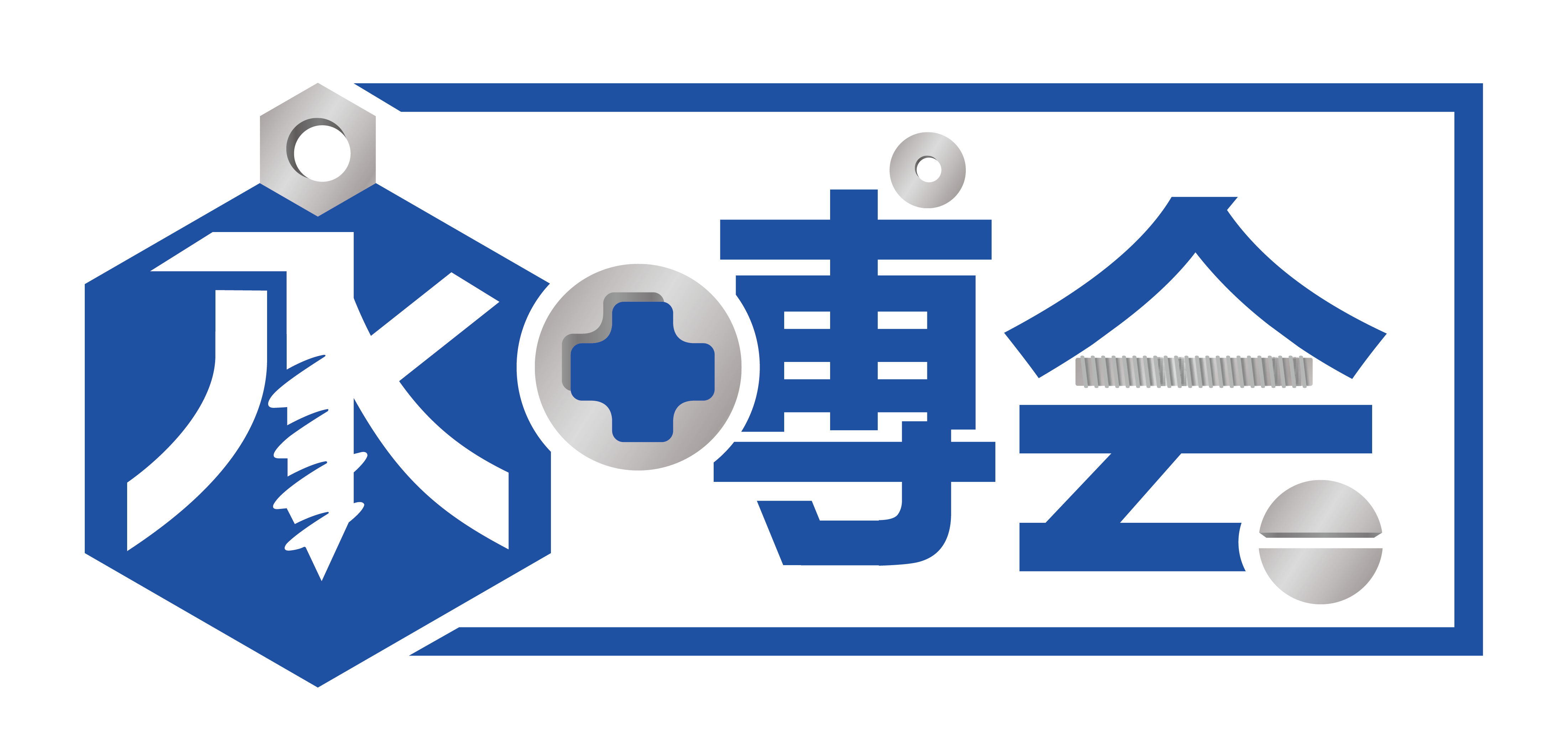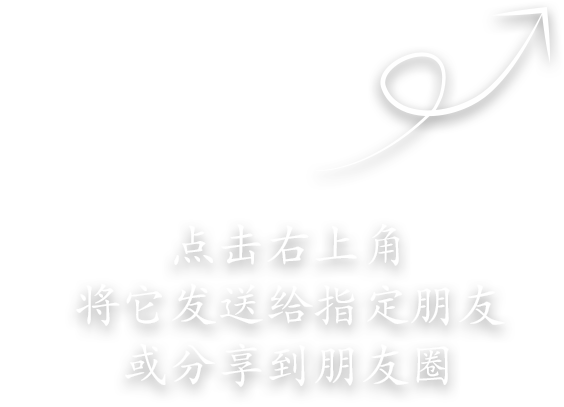Non-standard fasteners refer to customized fasteners designed for specific needs, which do not conform to standard specifications such as ISO, DIN, or ANSI. They are widely used across various industries and special applications, with main uses including:
- Machinery Manufacturing: Used in special machinery, automation equipment, and heavy machinery to meet specific structural or strength requirements.
- Automobile Manufacturing: Applied in engines, chassis, and vehicle bodies, providing fastening solutions with special sizes, materials, or coatings.
- Aerospace: Used in aircraft, spacecraft, and high-speed trains, requiring high-strength, high-temperature-resistant, and corrosion-resistant fasteners.
- Electronics and Electrical Appliances: Suitable for circuit boards, electronic devices, and household appliances, including micro screws and insulated fasteners.
- Construction Engineering: Used in special steel structures, bridges, tunnels, subways, and wind power projects to ensure connection stability in complex environments.
- Petrochemical Industry: Provides high-corrosion-resistant fastening solutions for oil drilling, chemical equipment, and high-temperature, high-pressure environments.
- Medical Equipment: Applied in surgical instruments and medical devices, often made of stainless steel or titanium alloy to ensure biocompatibility and corrosion resistance.
- Rail Transit: Used in high-speed rail, subways, and track laying, offering high-strength and vibration-resistant connection solutions.
The key advantage of non-standard fasteners is customization, allowing modifications in material, size, thread type, and surface treatment to meet specific application requirements.



